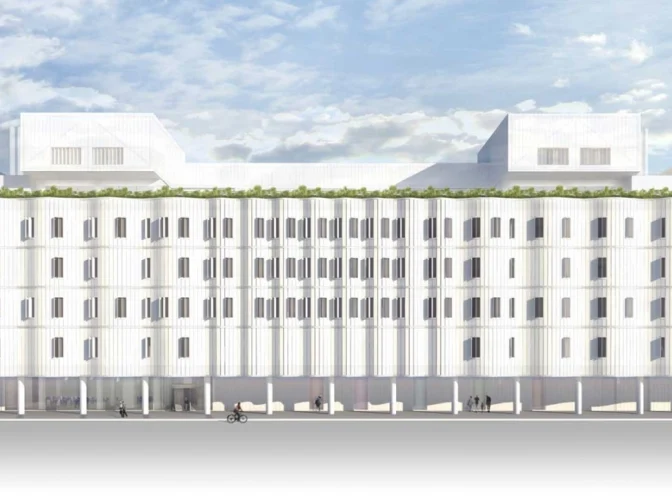The Gatsby Computational Neuroscience Unit (GCNU) enables researchers to leverage theoretical neuroscience and machine learning to develop sound models of the way that the brain computes.

Advancing theoretical Neuroscience
Established in 1998 at University College London (UCL), the unit’s original aim was to “build neurobiologically realistic and computationally sound models of the way that the brain computes”. The unit provides a unique opportunity for a critical mass of theoreticians to interact closely with each other and with UCL’s other world-class research groups in neuroscience and related areas.
GCNU’s core strengths are in computationally and probabilistically-oriented theoretical neuroscience, and statistical machine learning. In total there are approximately 50 researchers, students and support staff. GCNU’s teaching activities are centred on an innovative four-year PhD programme in Computational Neuroscience and Machine Learning.

The GCNU today
Following its fourth successful quinquennial review in 2021, the Unit is continuing its research and educational programme in these general directions, broadening and deepening its collaborations both within UCL and outside, and strengthening its theoretical bases in machine learning. The Unit strives to be one of the foremost centres in the world overall, and the GCNU model has been duplicated by various institutions.
In 2015, GCNU moved into the Sainsbury Wellcome Centre (SWC) building, taking up a central location that connects with the SWC experimental laboratory space and nearby break-out spaces to facilitate discussions and collaborations between theorists and experimentalists.
Maneesh Sahani
Director; Professor of Theoretical Neuroscience and Machine Learning
Understanding how information is represented in neural systems, and how this representation underlies computation and learning.
Arthur Gretton
Professor of Machine Learning
Machine learning include the design and training of generative models, nonparametric hypothesis testing, and kernel methods.
Peter Latham
Professor of Theoretical Neuroscience
Network dynamics and neural coding.
Peter Orbanz
Professor of Machine Learning
Mathematical aspects of machine learning and pattern recognition.
Agostina Palmigiano
Lecturer
Research interests in the i) computational principles underlying sensory/motor processing and learning ii) how behavioural information (as choice, reward) across the cortex shapes area-specific computations, and iii) how interspecies differences in circuit architecture and dynamical regimes limit/facilitate learning.
Andrew Saxe
Group Leader in Machine Learning applied to Neuroscience (jointly with the Sainsbury Wellcome Centre)
A mathematical toolkit suitable for analysing and describing learning in the brain and mind.